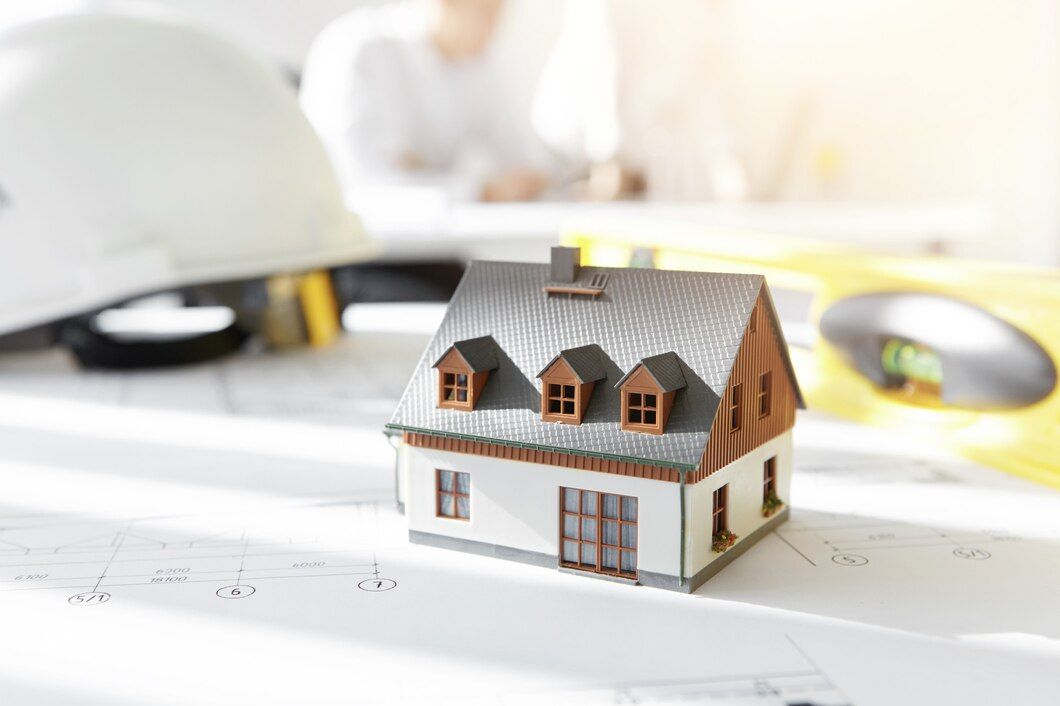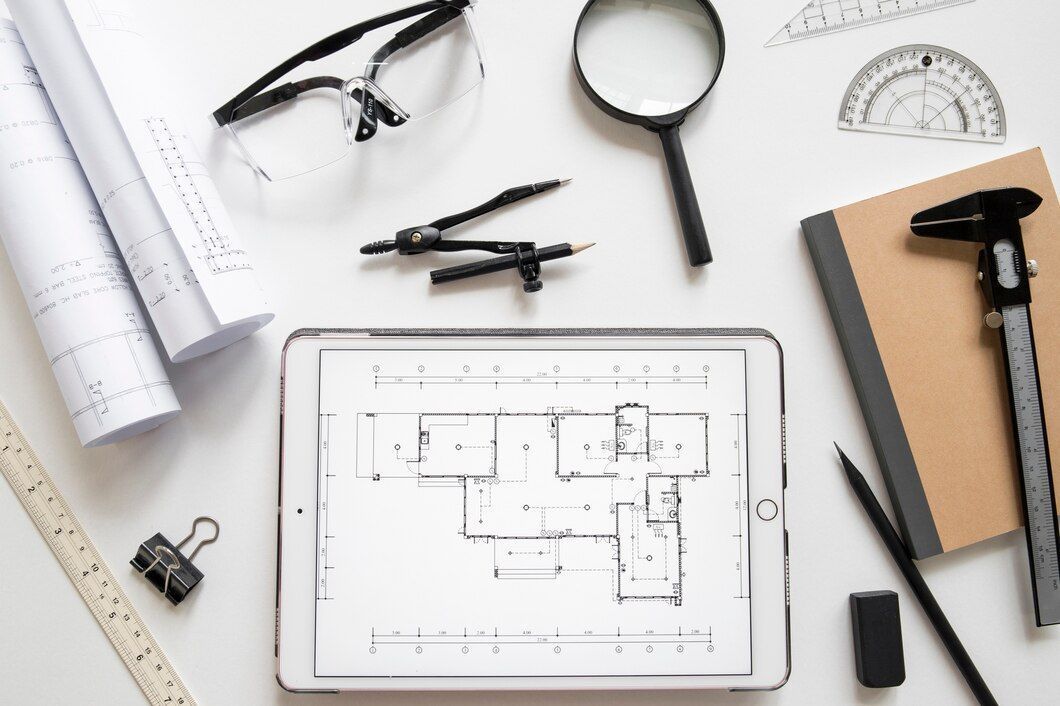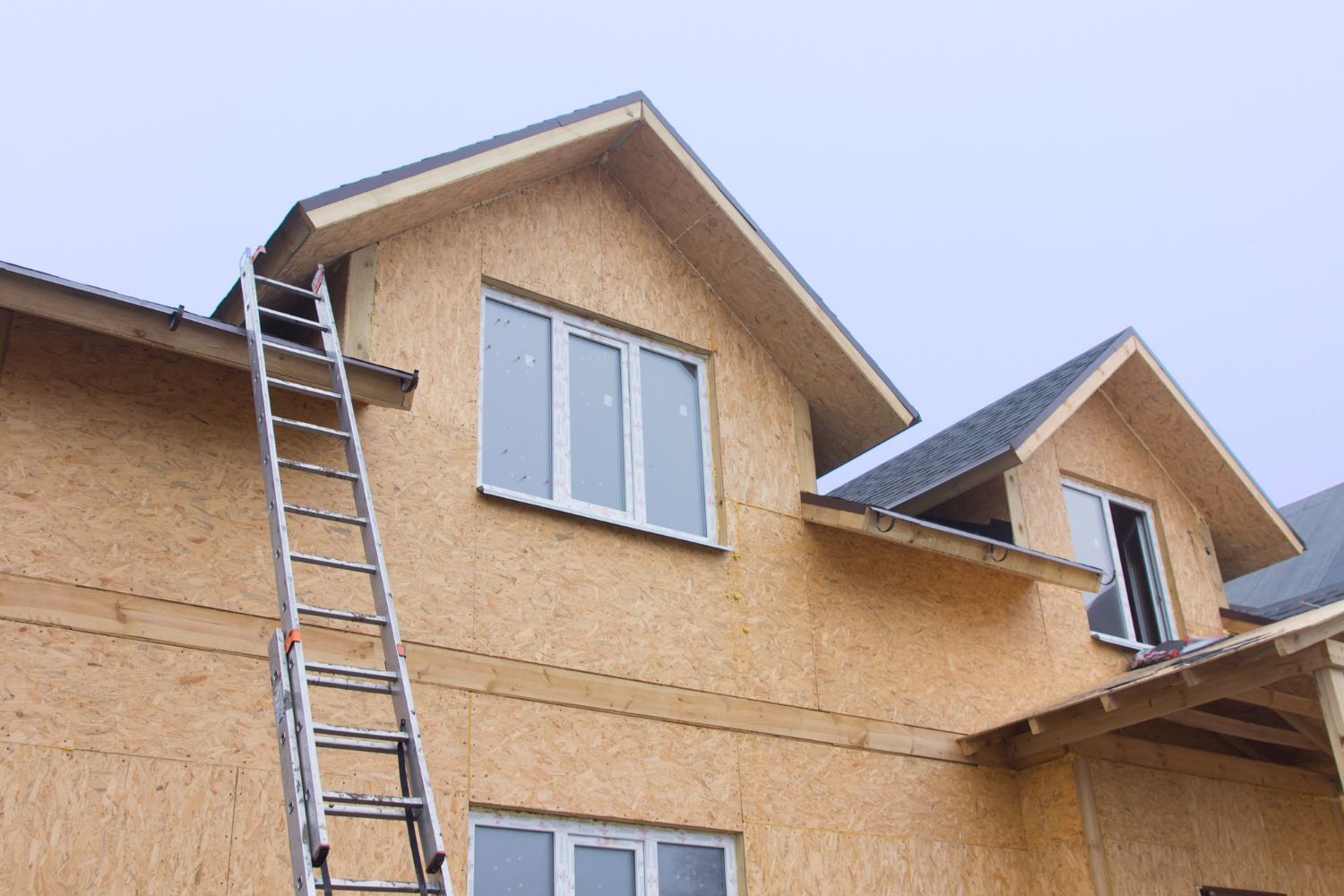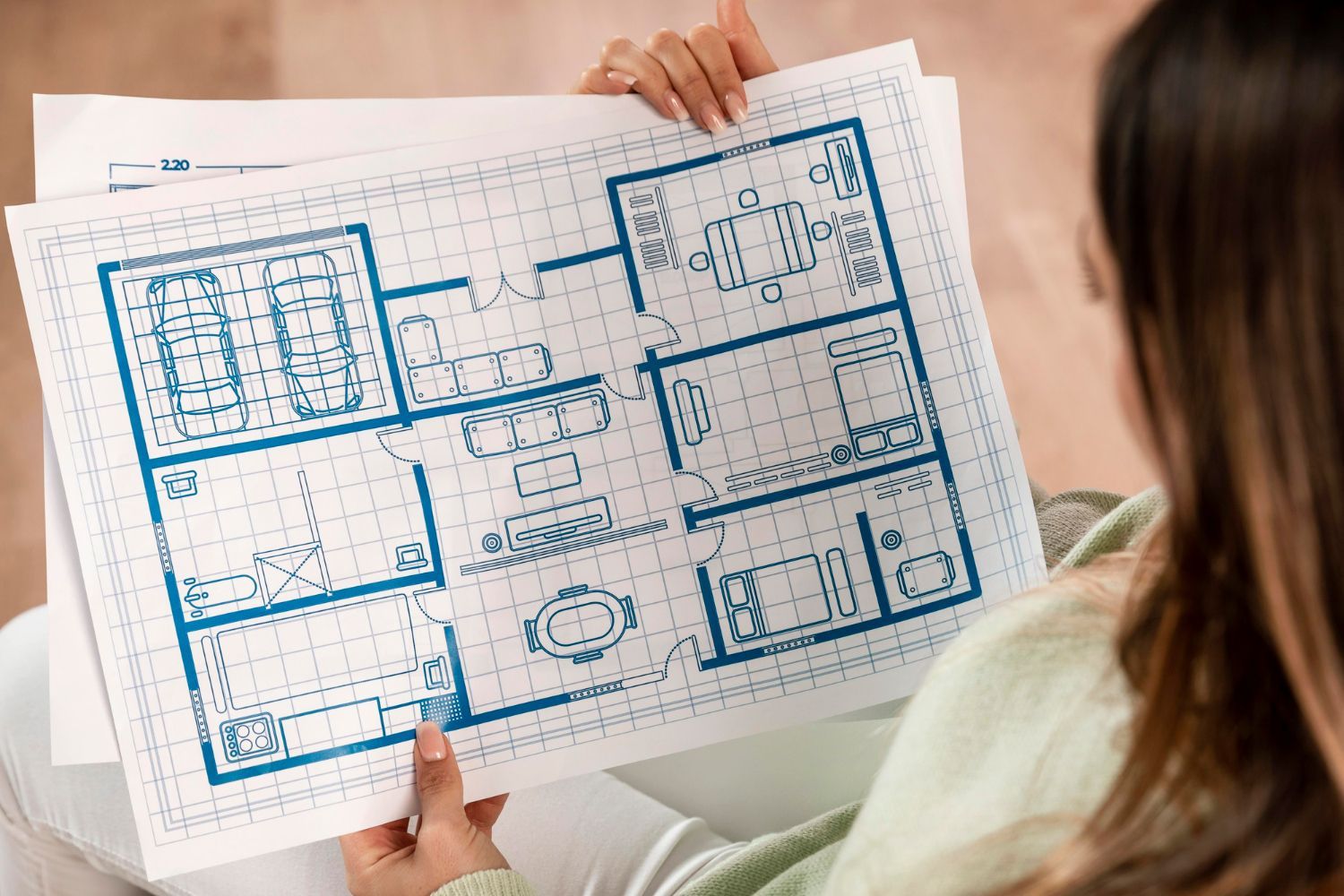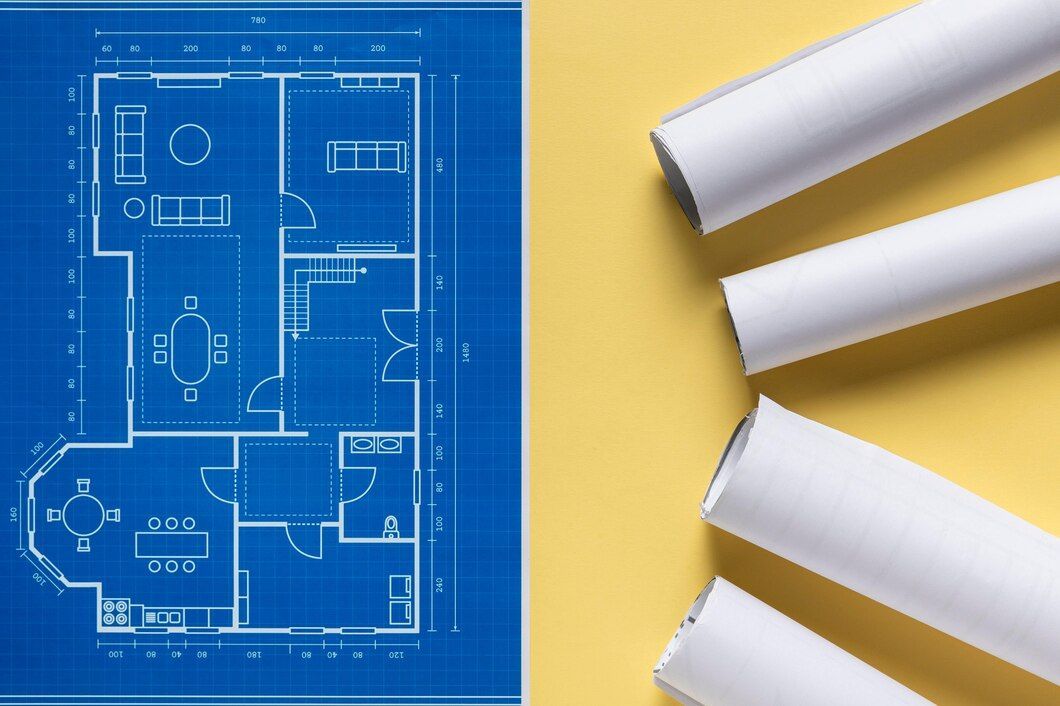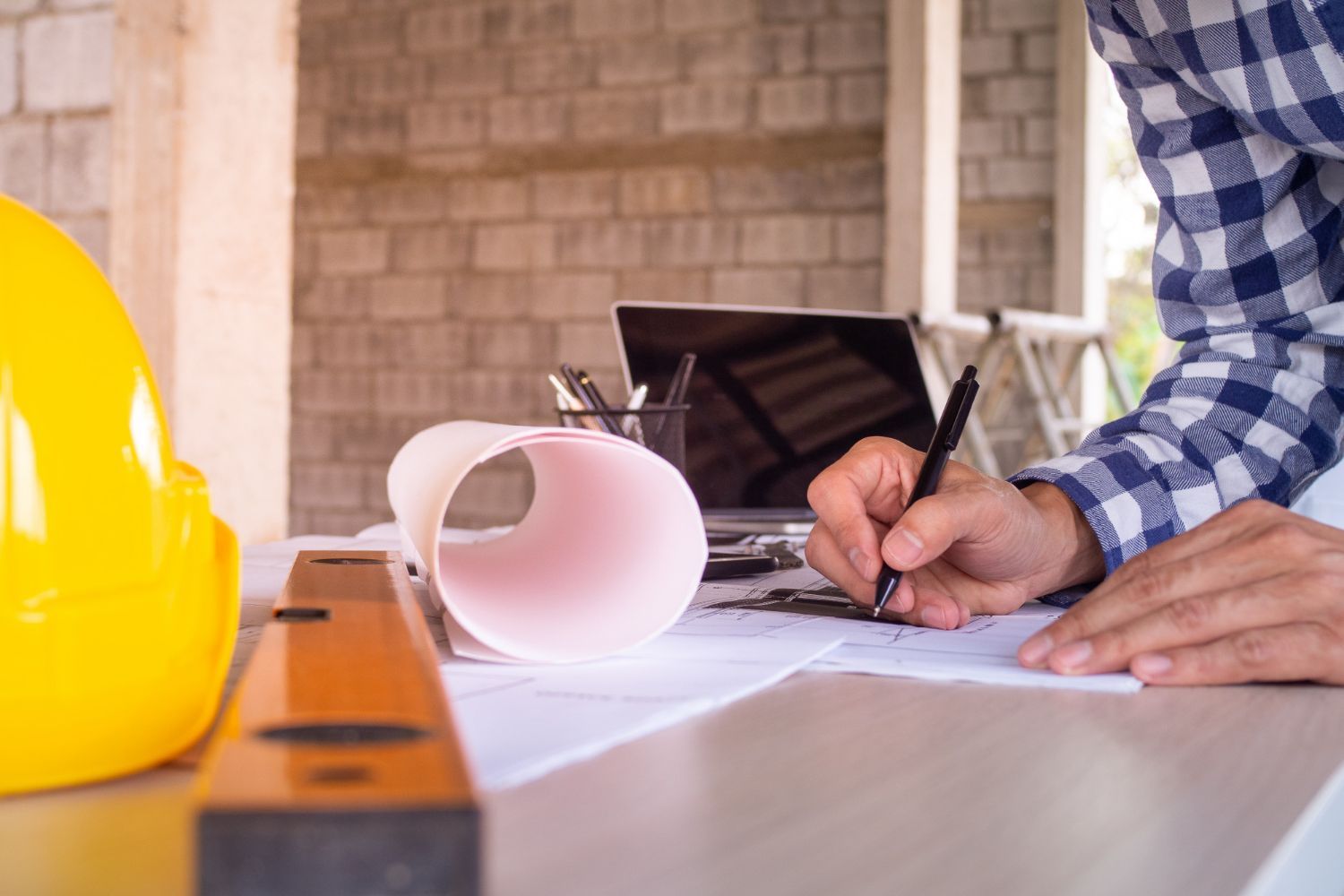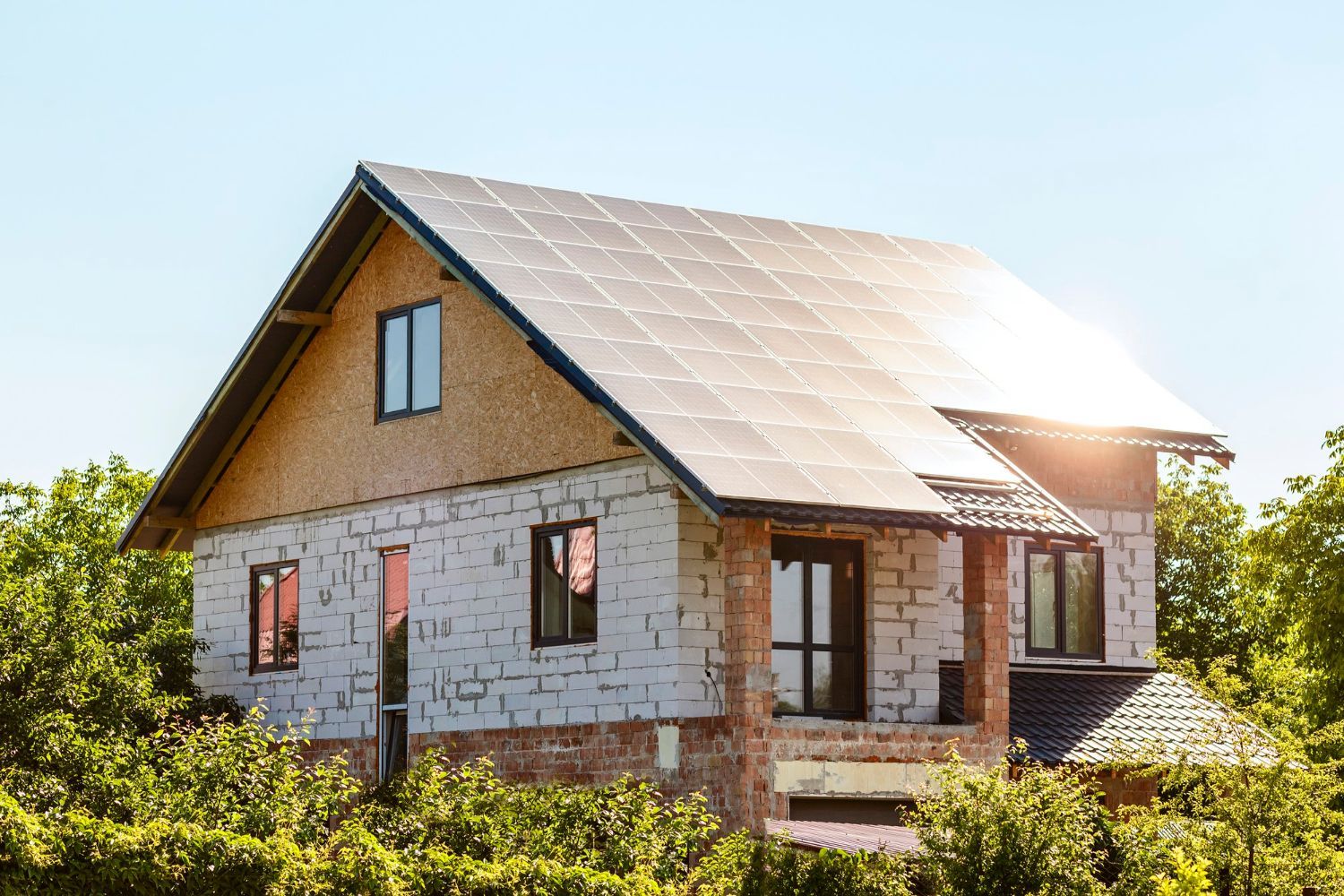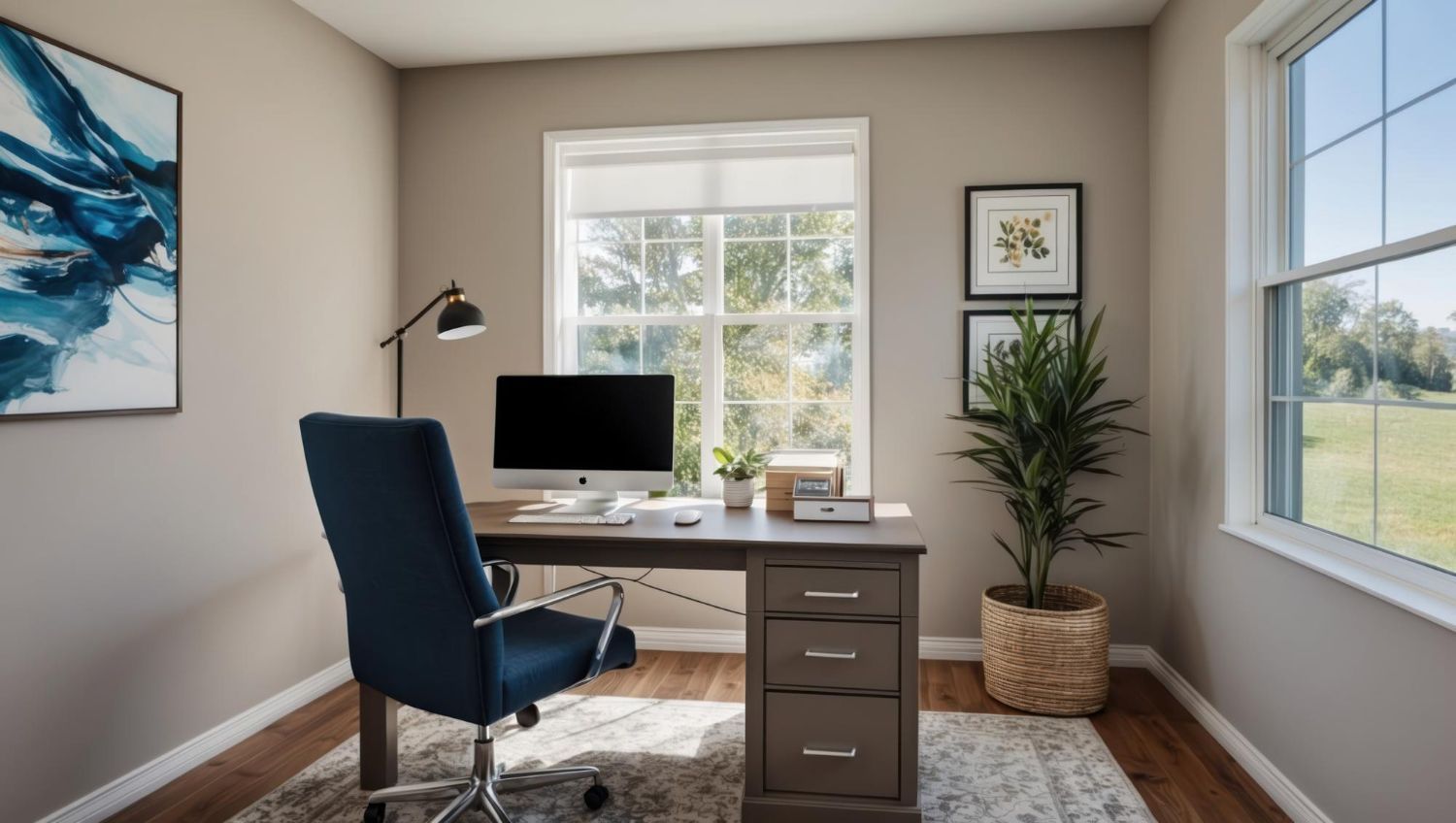Beginner's Complete Guide to Building Your Dream Home

Building your own home is an exciting journey that allows you to create a space tailored to your needs and preferences. From deciding on the layout to choosing the right materials, each step brings you closer to realizing your dream home. However, the process can feel overwhelming if you're just starting out. This guide will help you navigate the essentials of home building, providing you with the knowledge to make informed decisions.
By understanding several core elements, you can approach building your home with confidence. This guide will walk you through each step, making the entire process clearer and more manageable.
Planning Your Home Design and Layout
The first step in building your home is planning its design and layout. Think about how you want each room to function. Do you need a large kitchen for family gatherings or a quiet office space for working from home? Sketching out your ideas can help you visualize the space and organize your thoughts.
Consider the placement of rooms to maximize natural light and ventilation. Position your living areas to take advantage of sunlight during the day. Place bedrooms away from noisy areas to ensure a peaceful environment. Also, think about the future. Will your family grow? Make sure your design can adapt to changing needs.
Work with an architect or a designer to bring your vision to life. They can offer valuable insights and suggestions that improve your initial ideas. Having a detailed plan will make the building process smoother and minimize costly changes later on. A well-thought-out layout ensures your home is functional, comfortable, and suits your lifestyle.
Securing Permits and Financing
Before you start building, you need to secure the proper permits and financing. These are crucial steps that ensure your project complies with local regulations and stays within budget. Building permits are official approvals from your local government, allowing you to begin construction legally.
Start by researching the permits required in your area. Common permits include zoning permits, building permits, and electrical permits. Visit your local government office or website to find out what you need. Applying for permits can take time, so start this process early. Having all the necessary permits prevents legal issues that could delay your project.
Next, secure financing for your home build. Create a detailed budget that includes all aspects of construction, from materials to labor costs. Approach multiple lenders to find the best loan terms. Consider a construction loan, which provides funds incrementally as different stages of the building are completed.
Having your finances in order gives you peace of mind and allows you to focus on the building process. By securing the required permits and financing ahead of time, you ensure a smooth start to your home-building journey.
Choosing the Right Building Materials
Selecting the right building materials is crucial for the long-term durability and energy efficiency of your home. Different materials offer various benefits, from strength and sustainability to cost-effectiveness.
1. Foundation:
Concrete is the most common material used for foundations due to its strength and durability. Make sure you use high-quality concrete to avoid cracks and other issues down the line.
2. Framing:
Wood and steel are popular choices for framing. Wood is more traditional and easier to work with, but steel is stronger and more resistant to pests.
3. Insulation:
Good insulation materials include fiberglass, foam, and cellulose. Choose one based on your climate and budget to ensure your home stays energy-efficient.
4. Roofing: Consider materials like asphalt shingles, metal, or clay tiles for your roof. Asphalt shingles are affordable and easy to install, while metal and clay tiles offer greater durability.
5. Flooring: Hardwood, laminate, and tile are common flooring options. Hardwood gives a classic look but can be expensive. Laminate is cost-effective and easy to maintain, while tile is durable and great for areas with high moisture.
Choose materials that fit your budget and meet your home's specific needs. The right building materials will ensure your home stands the test of time and offers a comfortable living environment.
Managing the Construction Process
Managing the construction process can be challenging but is essential for keeping your project on track. Good management involves coordinating various tasks, hiring skilled workers, and making sure everything stays within budget.
- Start by hiring a reliable contractor. Look for someone with experience and positive reviews. Meet with them to discuss your plans and make sure you’re on the same page. A good contractor will manage the day-to-day operations and keep the project moving smoothly.
- Set a clear timeline for the construction phases. Break the project down into manageable stages, like laying the foundation, framing, and roofing. Monitor progress regularly to ensure each stage is completed on time.
- Keep an eye on your budget. Track expenses closely and make adjustments as needed. It's a good idea to set aside some extra funds for unexpected costs that may arise during construction.
- Stay involved in the process. Visit the site frequently to see the progress and address any issues immediately. Clear communication with your contractor and workers is key to resolving problems quickly.
By effectively managing the construction process, you can avoid common pitfalls and ensure your project is completed successfully. Good management leads to a smooth build and a home that meets your expectations.
Conclusion
Building your own home is an exciting but complex journey. From planning the design to managing the construction process, each step requires attention to detail and careful decision-making. By planning your home's layout, securing the necessary permits and financing, choosing the right building materials, and managing the construction process effectively, you can turn your dream home into a reality.
Remember, every decision you make during this process will impact your home's durability and comfort. Take your time to research and consult with experts when needed. Staying organized and prepared will help you navigate the challenges and enjoy the rewarding experience of building your own home.
If you're ready to start building your dream home, contact Mountain High Builders. As an expert
custom home builder in Bend, Oregon, we specialize in home building and new construction. Let us help you bring your vision to life. Reach out to us today to learn more about how we can assist you in creating the perfect home for you and your family.


